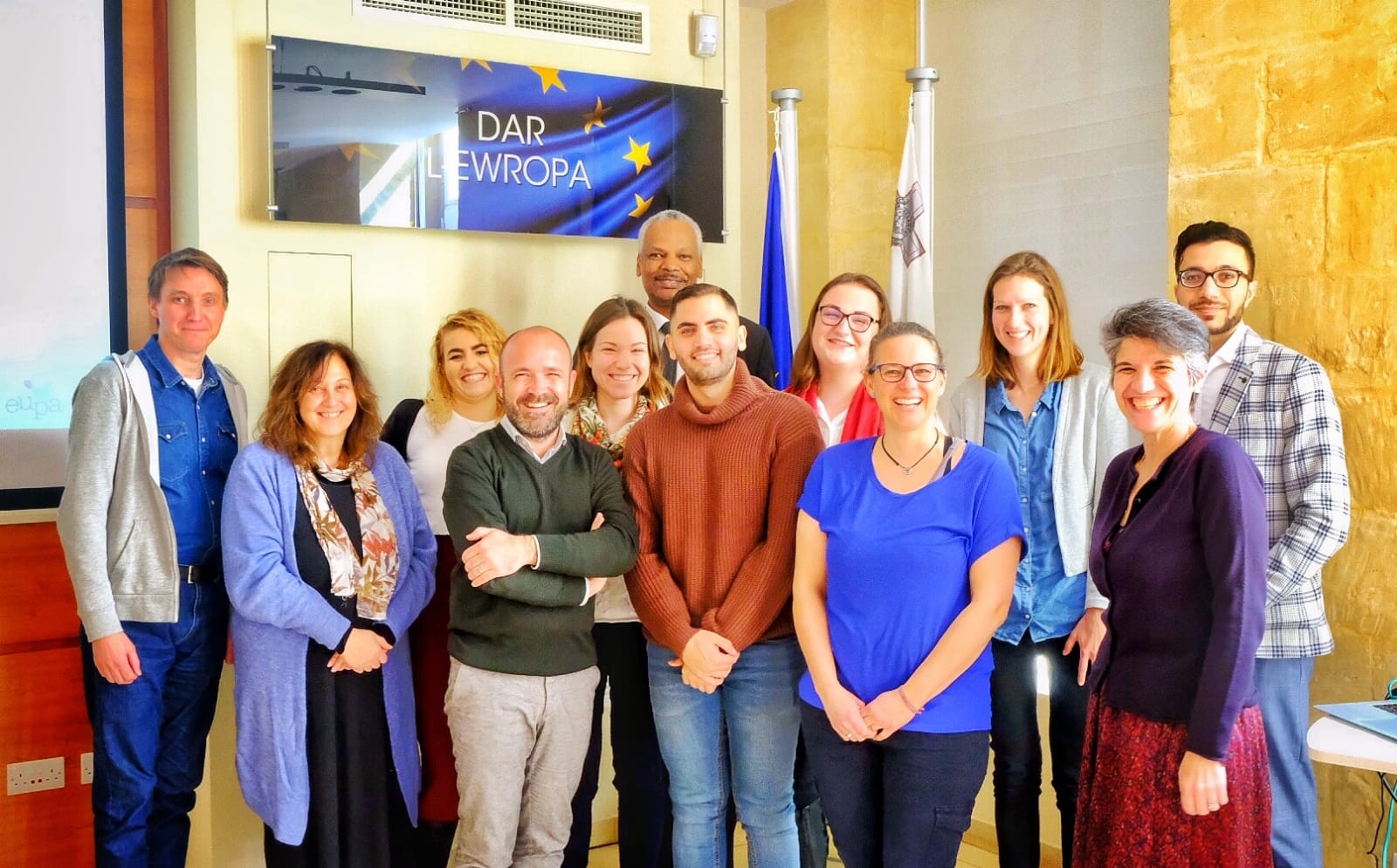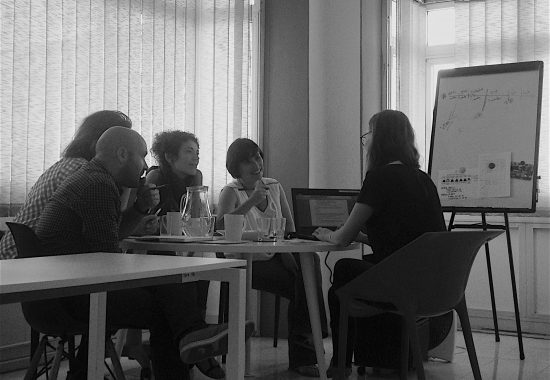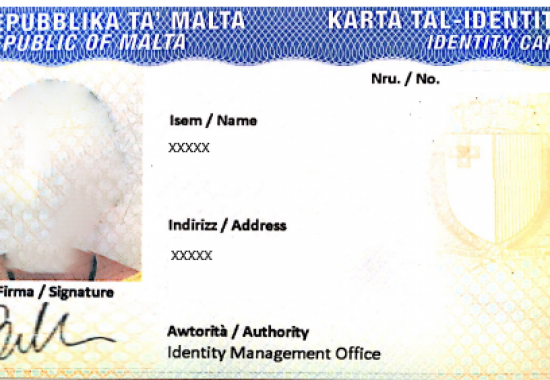In this post we examine the Venice Commission’s Opinion CDL-AD(2020)019 on the 6 Acts adopted by the Government on the 29 July 2020. In a previous post, we examined the process undertaken by the Government whilst seeking to implement the legislative changes proposed in Opinion CDL-AD(2020)006.
It is important to note that the Acts were adopted prior to receiving the opinion of the Venice Commission which was requested by the Government itself. On 23 June 2020, the Minister for Justice transmitted 10 bills to the Venice Commission and requested an urgent opinion of the Venice Commission by no later than the end of June 2020. The Commission replied by stating that it would not prepare an opinion by way of urgency but that it would be finalised at the beginning of October 2020. On 1 July 2020 the bills were presented to Parliament for a first reading, however they were not yet in the public domain. On the 29 July 2020, the Maltese Parliament unanimously adopted 6 of the 10 bills and notified the Venice Commission of this on the 4 August 2020.
carlacamilleri




